AI at work: Spot that fake!
From medicines to matrimony, it is difficult to tell the genuine from the pretend.
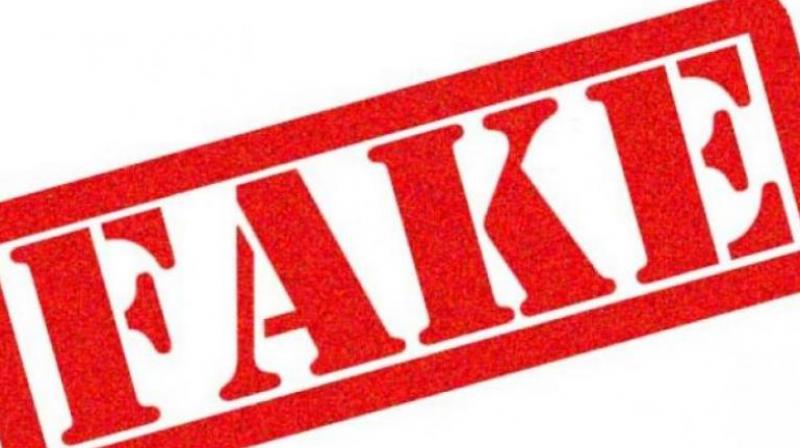
The World Health Organization came out with a scary statistic recently: Four out of 10 medicines sold in India are fake. But healthcare is not the only target of counterfeiters: Globally, lakhs of retail products in the fast moving consumer goods business are imitations and rip offs of the real thing. In 2017 alone, counterfeits worth $1.6 trillion were sold. In a less dangerous sphere, masking or whitewashing the truth is so routine in job or matrimonial matching services that it becomes a huge techno-challenge to sift truth from white lie.
But Indian ingenuity is on the job: We look at three innovative solutions — the product of desi brains — all harnessing Artificial Intelligence — and unveiled in recent weeks
NeuroTags tell you: It's real
Is that a real Gucci hand bag that looks so good in that discount sale — or is it a clever fake? Yes, some tools promise to guarantee the genuine article: hologram stickers - the type some universities use on degree certificates; Special QR codes or bar codes which you can scan. But the imitation industry has mastered how to fool such systems.
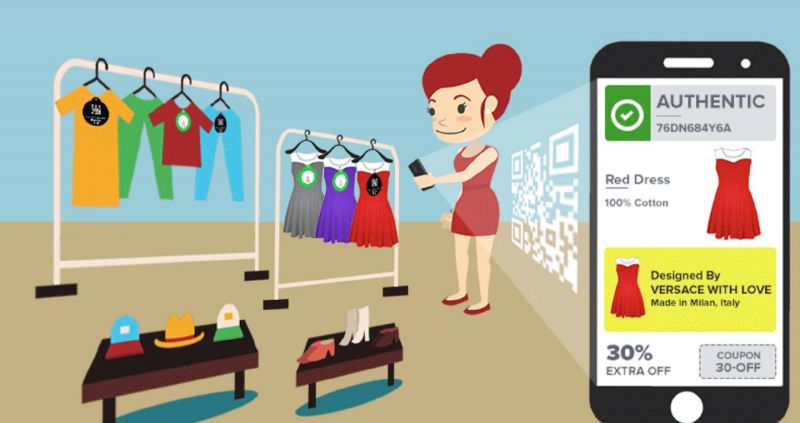
Now a trio of techies — Nitin Gupta, Yogesh Miharia and Abhishek Agarwal — at the Pune -based TezMinds has created a fool proof solution called NeuroTags which are embedded by the manufacturer into the genuine article. The tag's QR code has two parts one which is open and can be scanned before purchase and another which is protected and can only be scanned by scratching open, after purchase. This provides two levels of security.
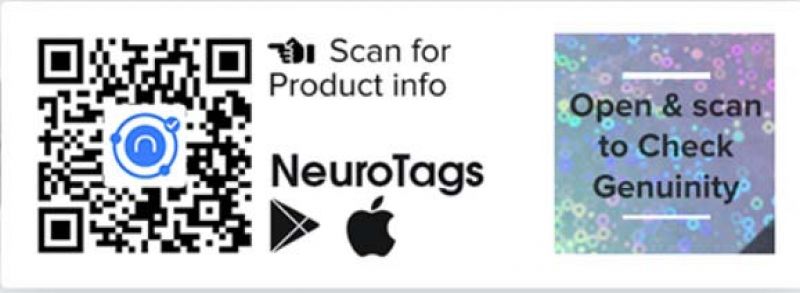
An Android or iOS app which helps scan the NeuroTag also manages the warranty and customer support. The tag helps the manufacturer monitor the entire stock where ever it is. Clothing, electrical and pharma companies are already using this made-in-India technology which promises 100% detection of counterfeits.
DrugSafe spots fake medicines
Last week at the Redmond (Washington) headquarters of Microsoft, a team from Bangalore's RV College of Engineering won a special award of $ 15,000 (Rs 10.5 lakhs) for their entry at the 2018 Imagine Cup for student innovation.
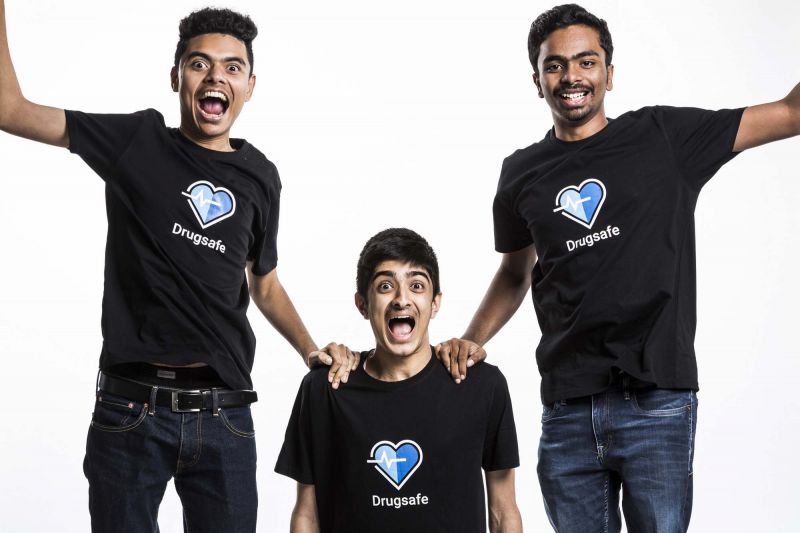
Their solution is DrugSafe — a combination of artificial intelligence with Optical Character Recognition (OCR) which identifies minute details in the design and packaging of medicines and compare them to the original manufacturer’s patented and trademarked attributes.
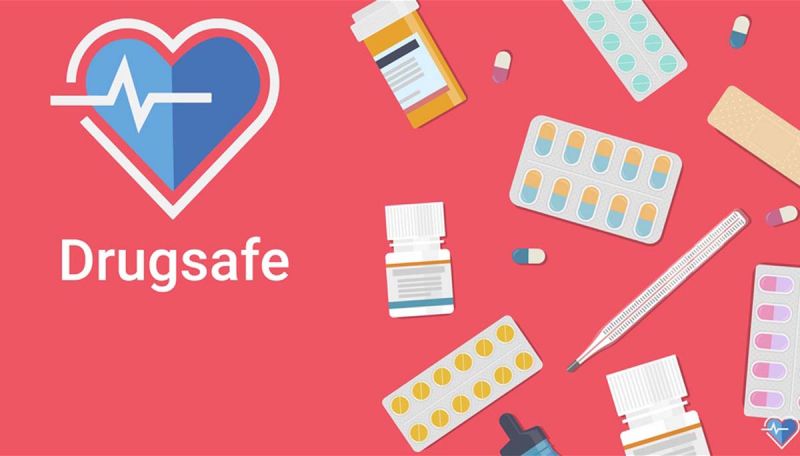
The first and most basic check is that of comparing batch IDs of medicine strips. After three levels of checks, any differences are used to identify medicines as counterfeit. The trio of students authors — Chidroop I, Pratik Mohapatra and Srihari HS —kept the User Interface (UI) simple and developed the app to work across platforms so that all can benefit from this regardless of age or technical skill. We can expect to find the app in the open soon.
Matchmaking — AI style
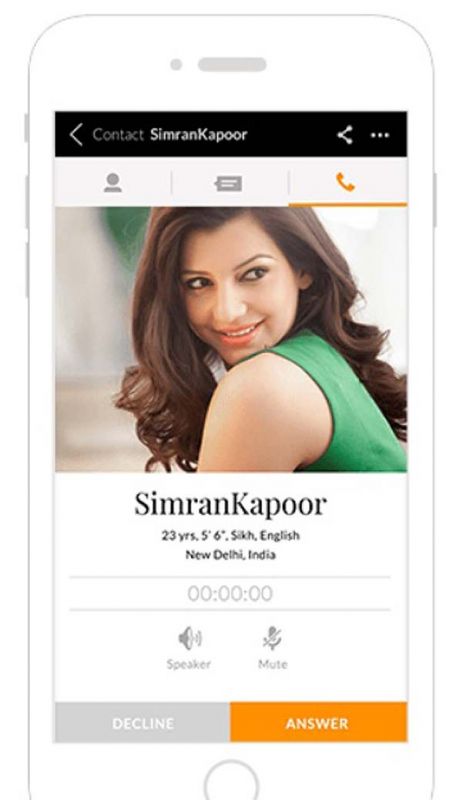
Students in a business school in the US, asked business guru Warren Buffet what was the most important decision to be made. The answer was not some wisdom about investment rules. " For all men and women, the most important decision is the choice of spouse", he said.
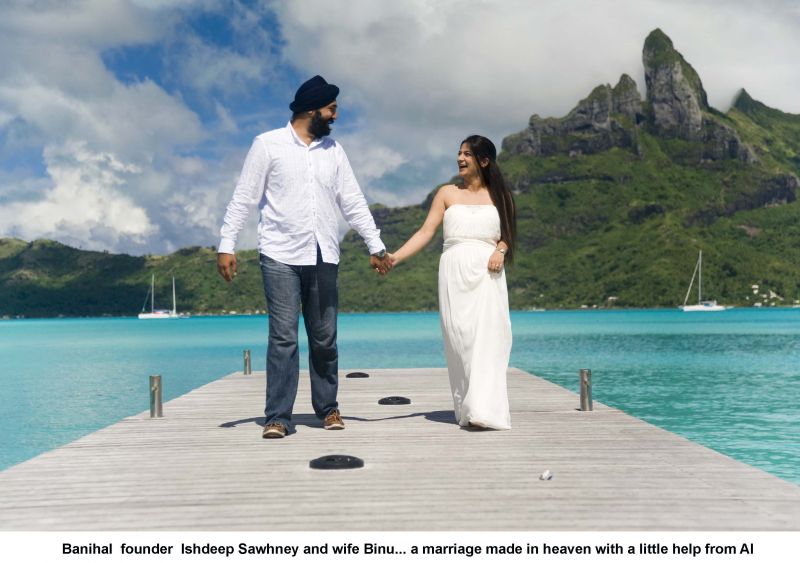
The right life partner is critical to finding health, happiness and financial success. This is easier said than done and the millions who use online matchmaking services know the challenges.
Banihal is a matrimonial site that promises to find as close to a perfect match as possible using AI and neuroscience. It is the brain child of co-founder-CEO Ishdeep Sawhney who gave the Q&A system at the heart of his technology, the acid test — to help him meet Binu Kohli: now they are happily married.
The AI system is called RAE and it creates representations of what each individual is like and what they are looking for in their long-term partner. It creates a rich understanding of each individual and identifies the matches that are closest to the perfect match. Rae will learn what makes you tick and what you really want in a partner. Then it will connect you with an ideal match.
And in the process it will thoroughly check out all data submitted to sniff out fake claims. Hopefully, a match made in heaven — with some earthy,AI technology!
—IndiaTechOnline

